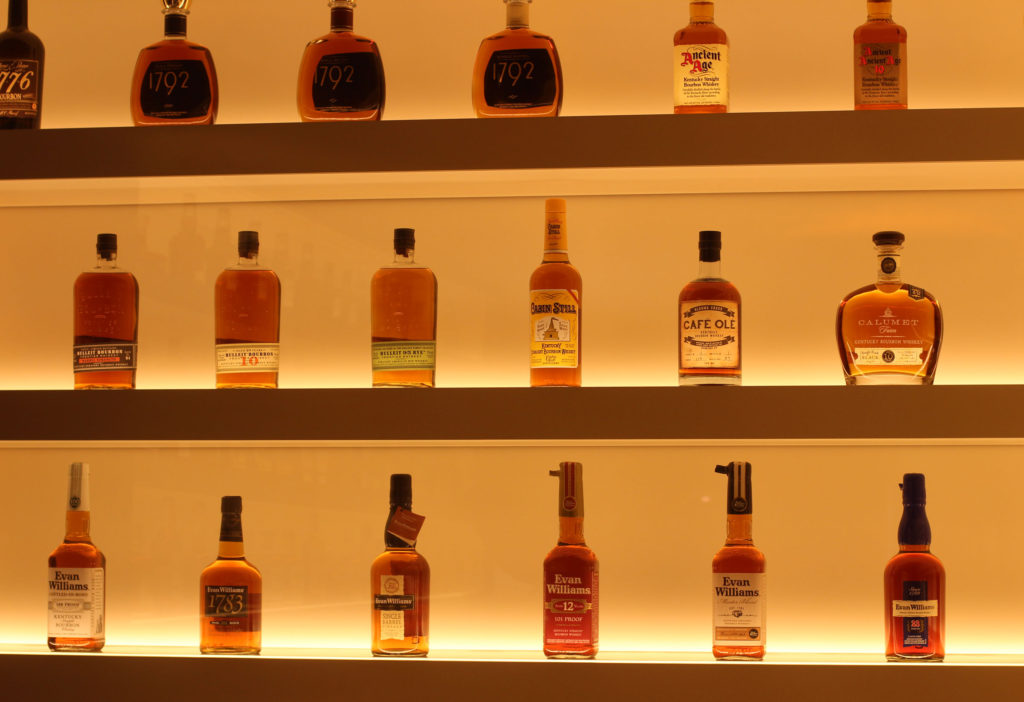What is a Control State?
Being a bourbon devotee is often difficult while living in a control state. You can walk into a non-control state wine and spirits location and find shelves full of different bourbons, and the variety can be incredible. Walk into a liquor store in a control state, and you are limited to what the state decides to offer. Interestingly, the concept of control states dates back to the temperance movement.
The temperance movement provided a catalyst for states to control the sale of alcohol. These restrictions would include the location and hours of operation. These stores or dispensaries were either state-run or privately run with controls over their activity.
Three-mile laws
Three-mile laws became commonplace. They restricted any location selling alcohol to be three miles away from schools or churches. These laws were prevalent in the Midwest and the South and often enforced by local governments and some states. Some three-mile requirements are still in place today.

After prohibition ended in 1933, individual states could elect to control the flow of alcohol within their boundaries. Some allowed for prohibiting alcohol, and others allowed local jurisdictions to create their liquor laws. Seventeen states practice some type of “control” over the distribution of spirits. The remaining 33 states still need licenses to sell alcoholic beverages. Is just means that in a control state, there are additional restrictions or controls.
Finding bourbon while you travel
If we look at my home state of Michigan as an example, the government does not operate any retail outlets but has a monopoly over the wholesale distribution of distilled spirits. The Michigan Liquor Control Commission no longer warehouses alcohol but contracts with private sector distributors. In Michigan, you can only purchase at retail what the state liquor control board offers at wholesale.
It is frustrating when you find out there is an exciting bourbon release available in non-control states, but they are simply not for sale. During your travels, you may find unique bourbon when you least expect it.
Other states have more of a monopoly on distilled spirits by both wholesaling and selling in state-run retail stores. Others control the retail marketplace by allowing private businesses to operate as contract liquor agencies.
Currently, the seventeen control states are Alabama, Idaho, Iowa, Maine, Michigan, Mississippi, Montana, New Hampshire, North Carolina, Ohio, Oregon, Pennsylvania, Utah, Vermont, West Virginia, and Wyoming. Uniquely, Montgomery County, Maryland, operates as a control county within the state.
This is a short guide to what is a control state. For more information on individual rules and regulations, you can check out the National Alcohol Beverage Control Association.